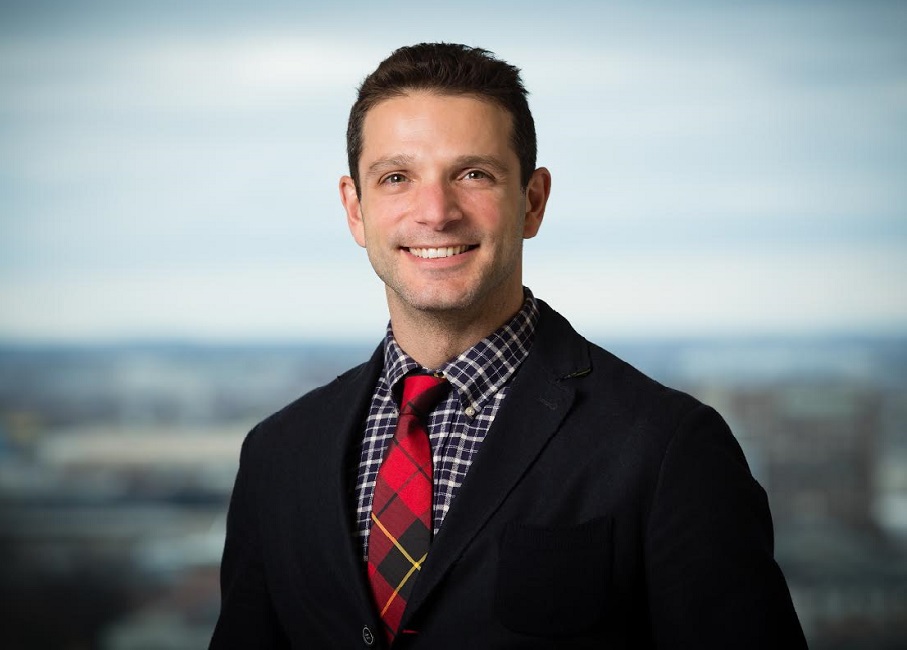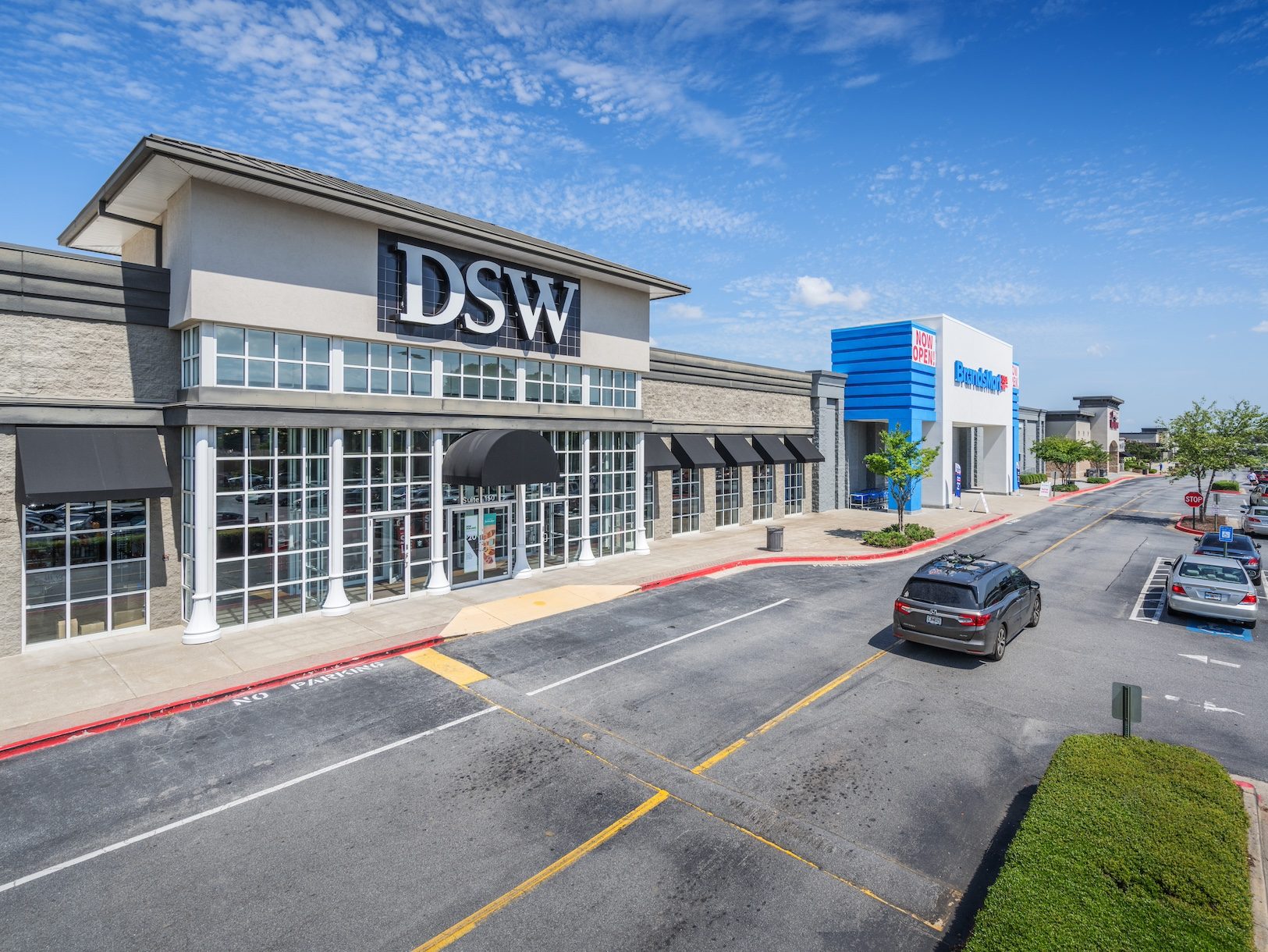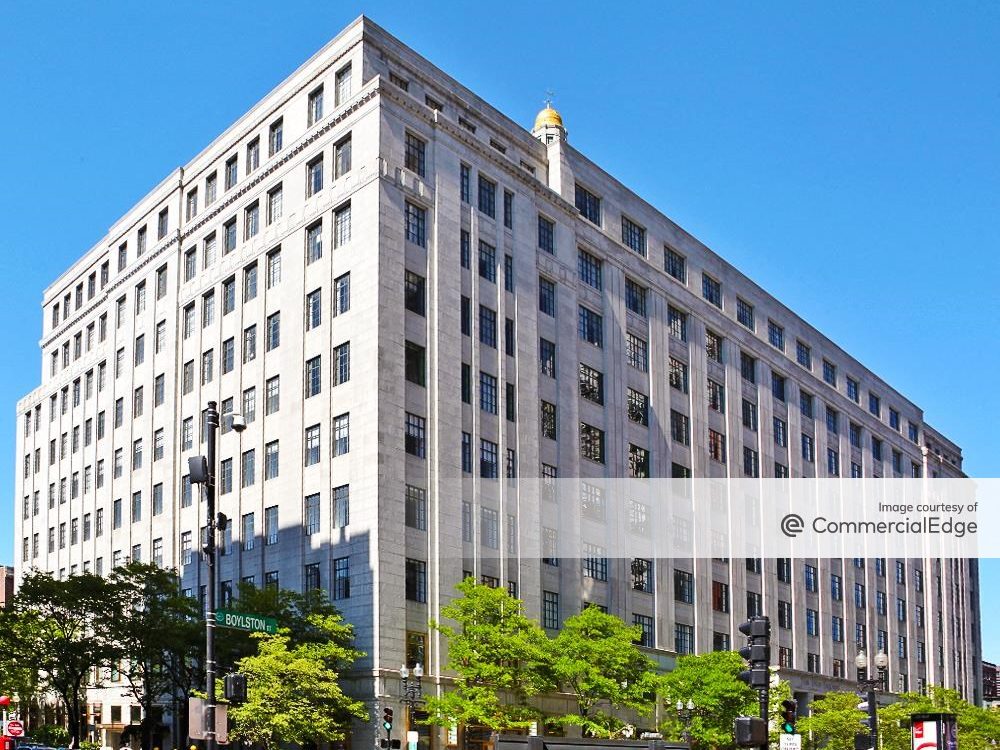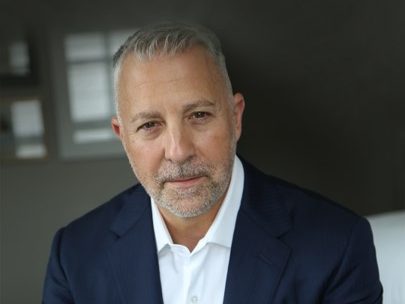Karim Fadel, Unison Realty: Community Malls Still Strong, Savvy Investments
The founder of the Boston-based company weighs in on the challenges of starting a real estate business right after the crash and why suburban shopping centers are still attractive for investors.
By Alexandra Pacurar
Boston—It’s been six years since Karim Fadel, a Lebanon immigrant, launched Unison Realty Partners, a real estate firm focused on acquiring and repositioning, redeveloping or otherwise improving neighborhood and community shopping centers anchored by national or regional grocers. Now, the company’s portfolio includes several properties along the East Coast and Fadel plans to extend its geographical area of interest.
The real estate entrepreneur talked to Commercial Property Executive about what it takes to grow a CRE company and why shopping centers are still appealing assets.
CPE: When did you start Unison Realty Partners and what can you tell us about developing your own commercial real estate business? What helped you get to where you are today?
Karim Fadel: Real estate investment is a very competitive industry where your main resources are capital and relationships. When I started Unison in 2010, I didn’t have any of those resources. I emigrated from Lebanon in 2006 for an MBA at MIT’s Sloan School of Management and then decided to start up Unison out of the Cambridge Innovation Center.
I attribute a lot of my success to what I learned working at my family’s retail and commercial real estate company in Lebanon, where we owned eight malls throughout Beirut and ABC Department Store, an 80-year-old institution of Beirut shopping. Not only did I learn about retail real estate from a retailer’s perspective, but I also gained valuable experience in hiring—during my time in my family’s business, ABC grew from 500 to 1,000 employees.
With the support from my family and the knowledge I learned from my experience working in retail real estate in Lebanon, I was able to grow Unison to where we are today, having acquired $150 million worth of shopping center space totaling more than 1.2 million square feet.
CPE: What was the best piece of advice you received in connection to starting and managing your own business?
Fadel: At MIT, we had Jack Welch as a professor. He told us: “If you have enough passion and love for what you do, you can make it profitable.” This has rung true with me. I’m a firm believer in the investment philosophy that to make money, you have to be contrarian. While many have veered away from investing in retail, we at Unison are passionate about the industry, particularly in community retail centers anchored by grocery stores. By bringing together a like-minded team, we’ve seen great success.
CPE: What advice would you give someone who would like to start a business in CRE?
Fadel: Hire the right team and make sure you’re passionate about the business you run. Bringing together a team with different backgrounds and perspectives is inherently important to how we approach everything at Unison, from day-to-day discussions to company-wide decision-making and is ultimately responsible for a company’s long-term success.
CPE: There were some reports saying that community shopping centers are going extinct. Would you agree?
Fadel: I believe the opposite is true. Since Unison was founded, we’ve been investing in necessity-based, neighborhood open-air retail centers. Tenants within our properties include grocery stores, which is one of the least permeable retail sectors to e-commerce, and other local stores where the local community can go to fulfill their daily needs, from post offices and liquor stores to nail salons and health care facilities.
These types of stores aren’t as vulnerable to e-commerce and in fact, as millennials flood back to the suburbs, our tenants have shown remarkable agility in the speed with which they’ve been able to adapt their offerings to meet the needs of the community, whether by offering more healthy food options in the grocery store or by adapting the store’s presence to be more experiential for visitors.
Necessity-based retail that reflects the daily wants and needs of the surrounding community isn’t going anywhere. And that’s why we feel confident that investing in neighborhood retail centers will continue to be a strong, savvy investment.
CPE: How would you say online shopping is affecting shopping centers and how can these malls still sell and attract customers?
Fadel: Despite popular opinion, e-commerce has not taken over. According to the U.S. Census Bureau, e-commerce constitutes only 7.4 percent of total retail sales. But still, for shopping centers looking to grow and appeal to consumers, the winning proposition is the omni-channel approach, as the creation of brick-and-mortar sites by dominant e-commerce players like Amazon speaks to.
According to the International Council of Shopping Centers, most shoppers do their browsing online, but when it comes to purchasing they want to go to stores. Rather than competing with each other, online and in-store shopping have the opportunity to benefit from each other. Additionally, as more millennials head back to the suburbs and grow in their purchasing power, it’s important for shopping centers to embrace an experiential approach, as opposed to being solely focused on goods.
But still, we’re confident that the successful retail center of the future will be necessity-based community and neighborhood retail centers. The tenant mix will cater more to the surrounding community, including more food, entertainment and cultural options that reflect the wants and needs of the local population. For the community, these places will continue to serve as a one-stop shop for their daily needs, where they can pick out their own produce, meet their friends and neighbors and pick up their dry cleaning. These centers aren’t going anywhere.
CPE: What are Unison Realty Partners’ short term goals? What about long term goals?
Fadel: Unison’s current short term goals are to continue acquisitions in new Eastern U.S. submarkets and to deepen our presence in our existing markets. Additionally, we would like to build relationships with additional investors seeking to access the retail property segment. In the long term, we want to offer clients a one-stop, diversified exposure to Eastern U.S. retail across the core-plus and value-add segments.
CPE: Are you considering investments in other areas of commercial real estate?
Fadel: We are not currently looking to expand into other areas in commercial real estate. However, we are continually seeking opportunities to leverage our retail expertise into deeper offshoots of retail investment opportunities (i.e., development opportunities, mixed use projects). At Unison, we’re passionate about retail, particularly grocery-anchored retail. So, right now, our focus is on expanding geographically rather than into other areas of commercial real estate.








You must be logged in to post a comment.